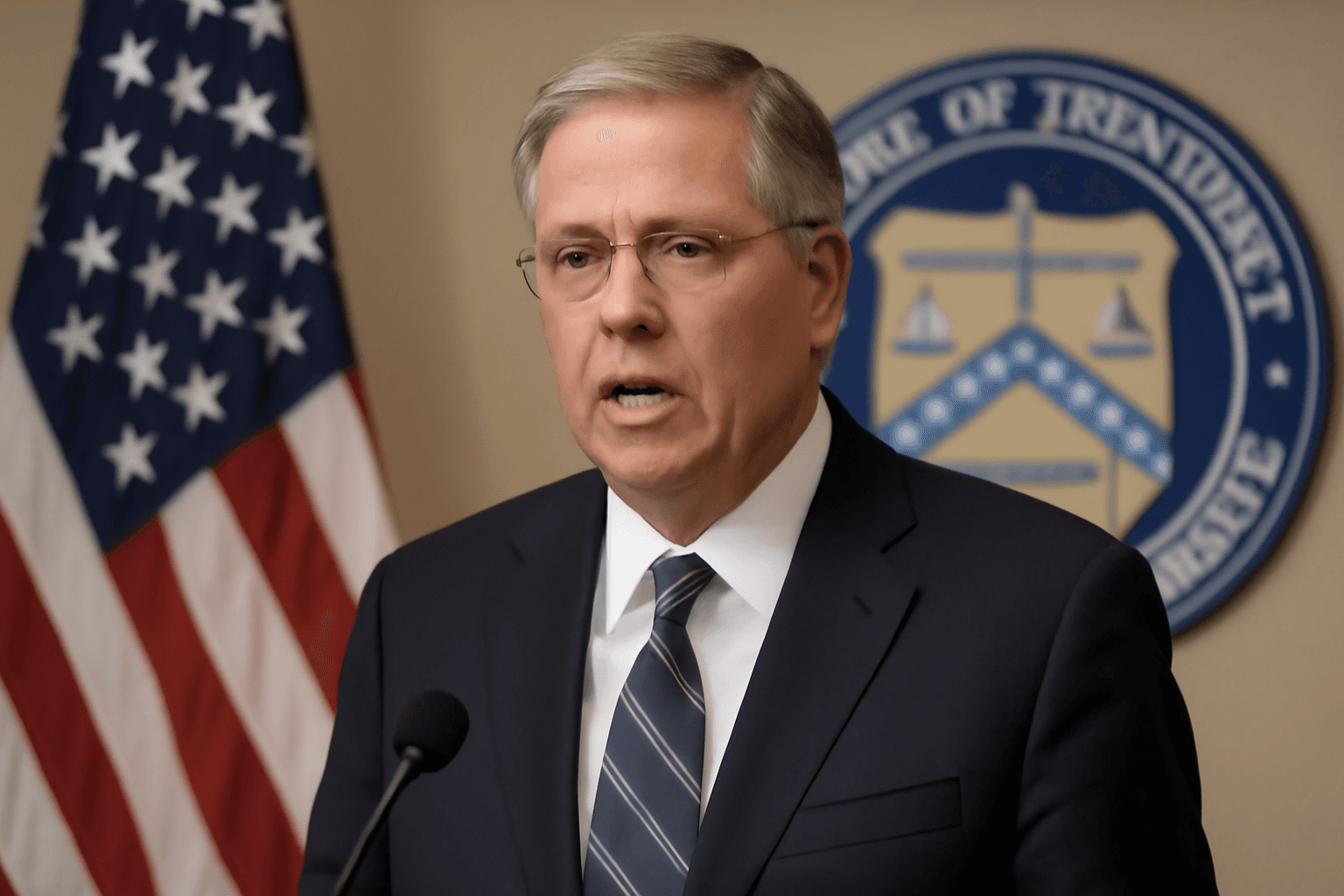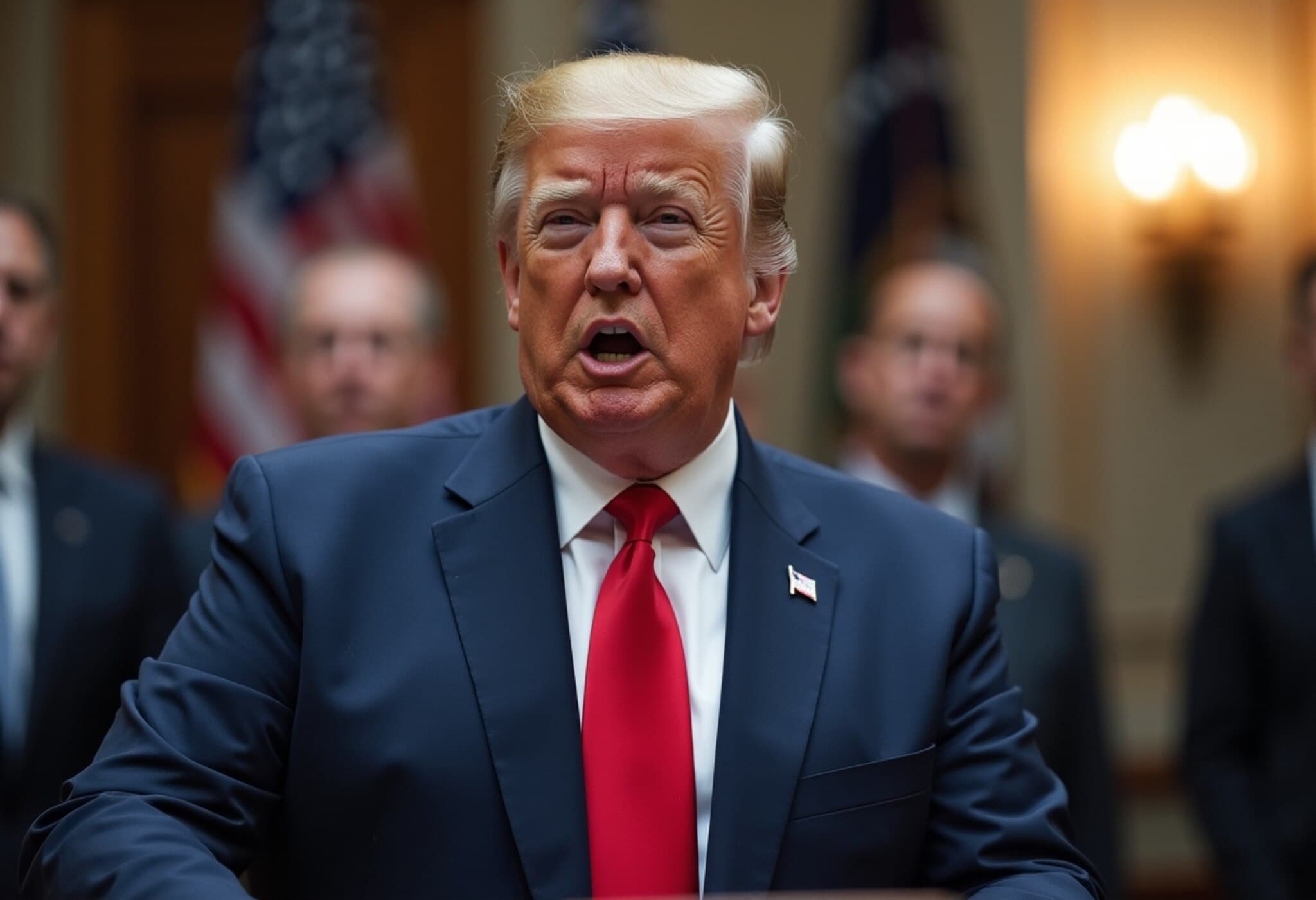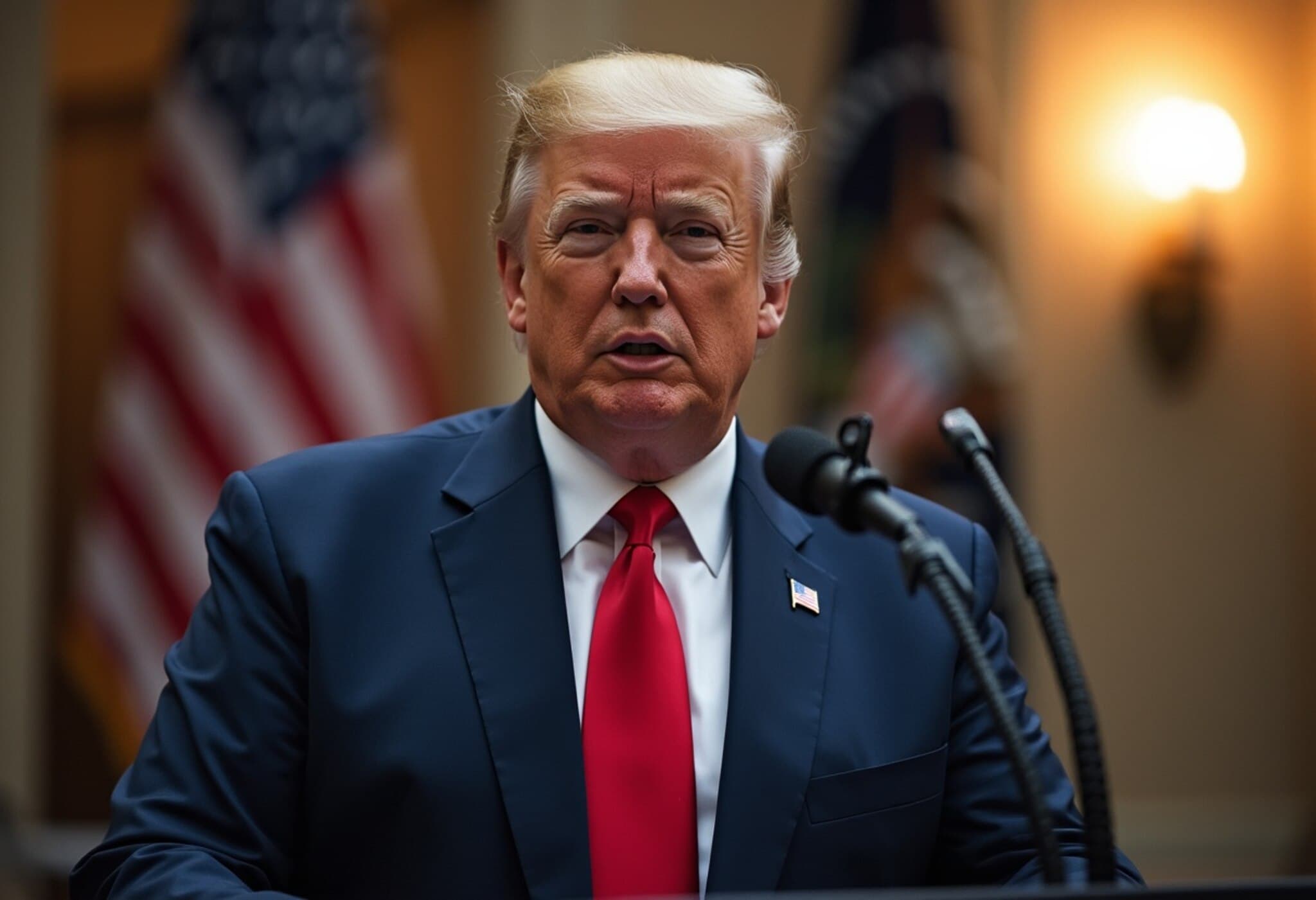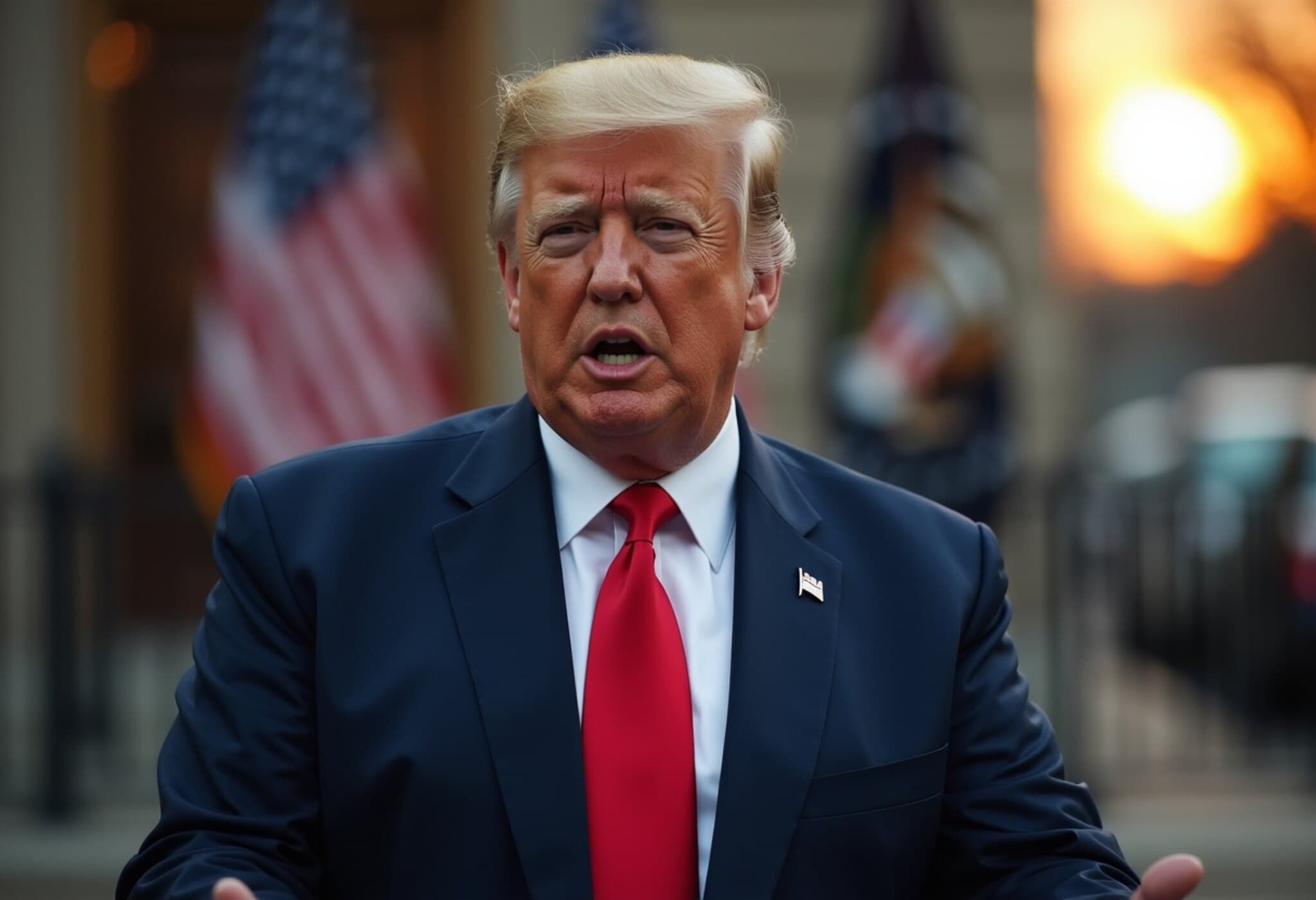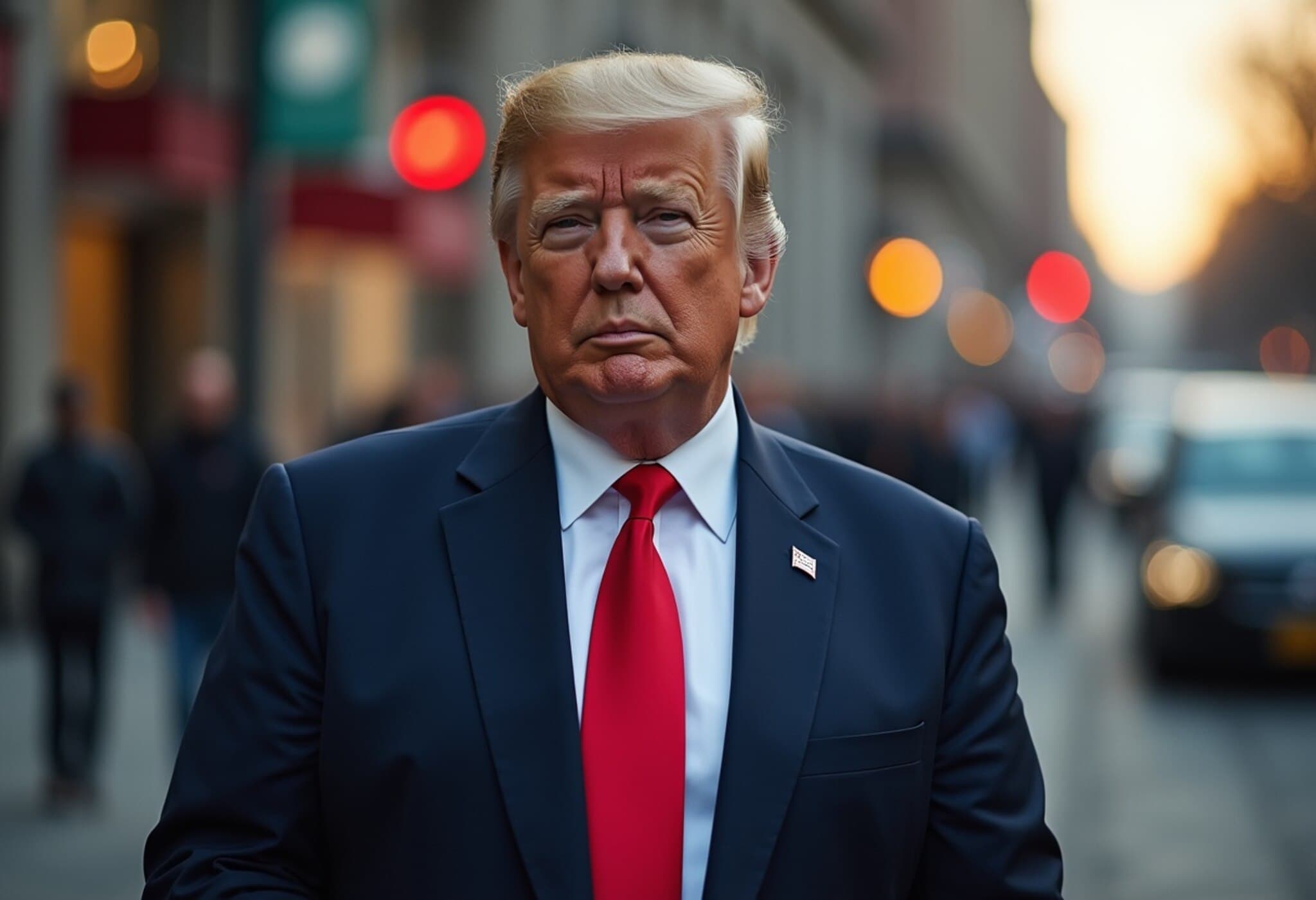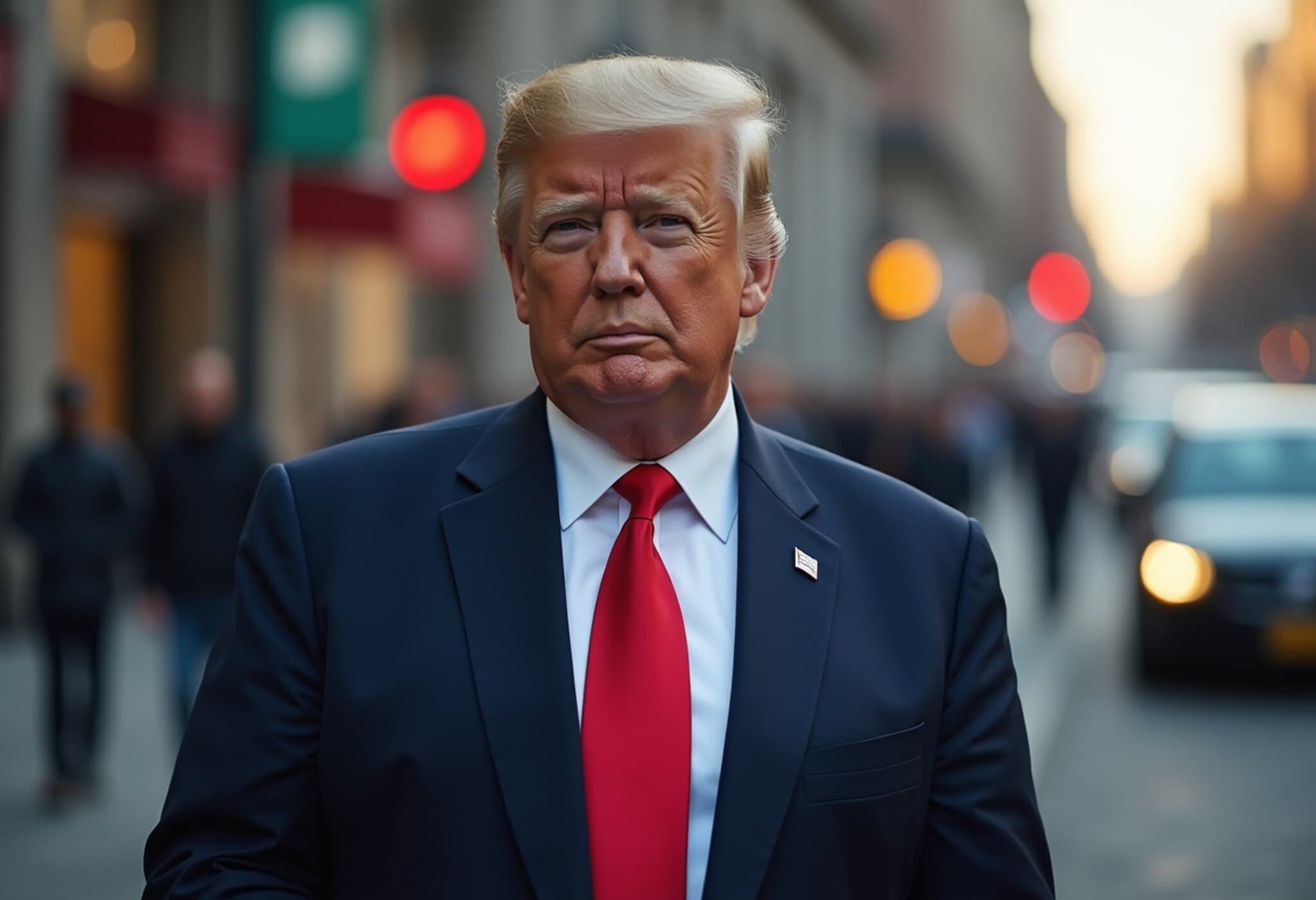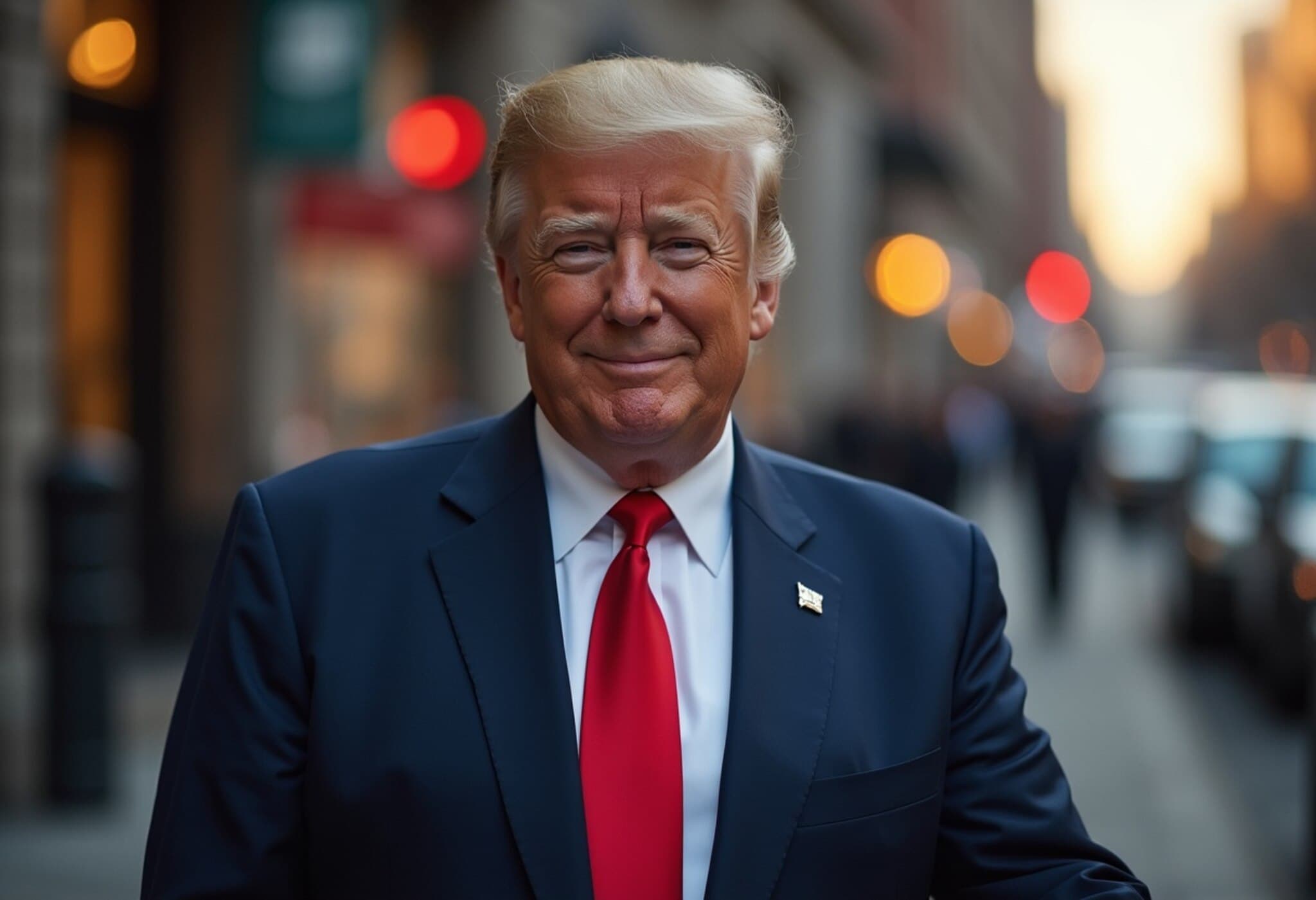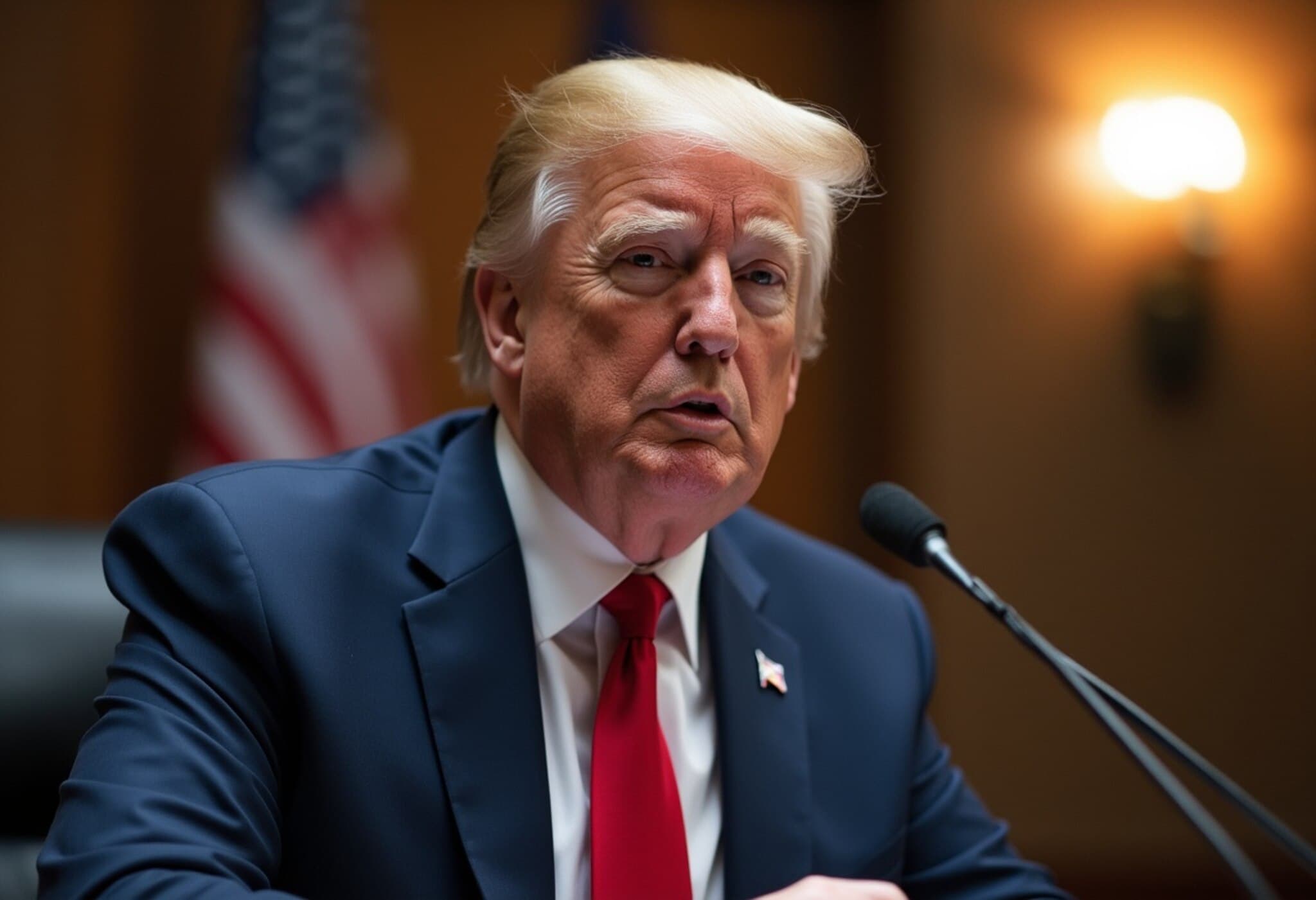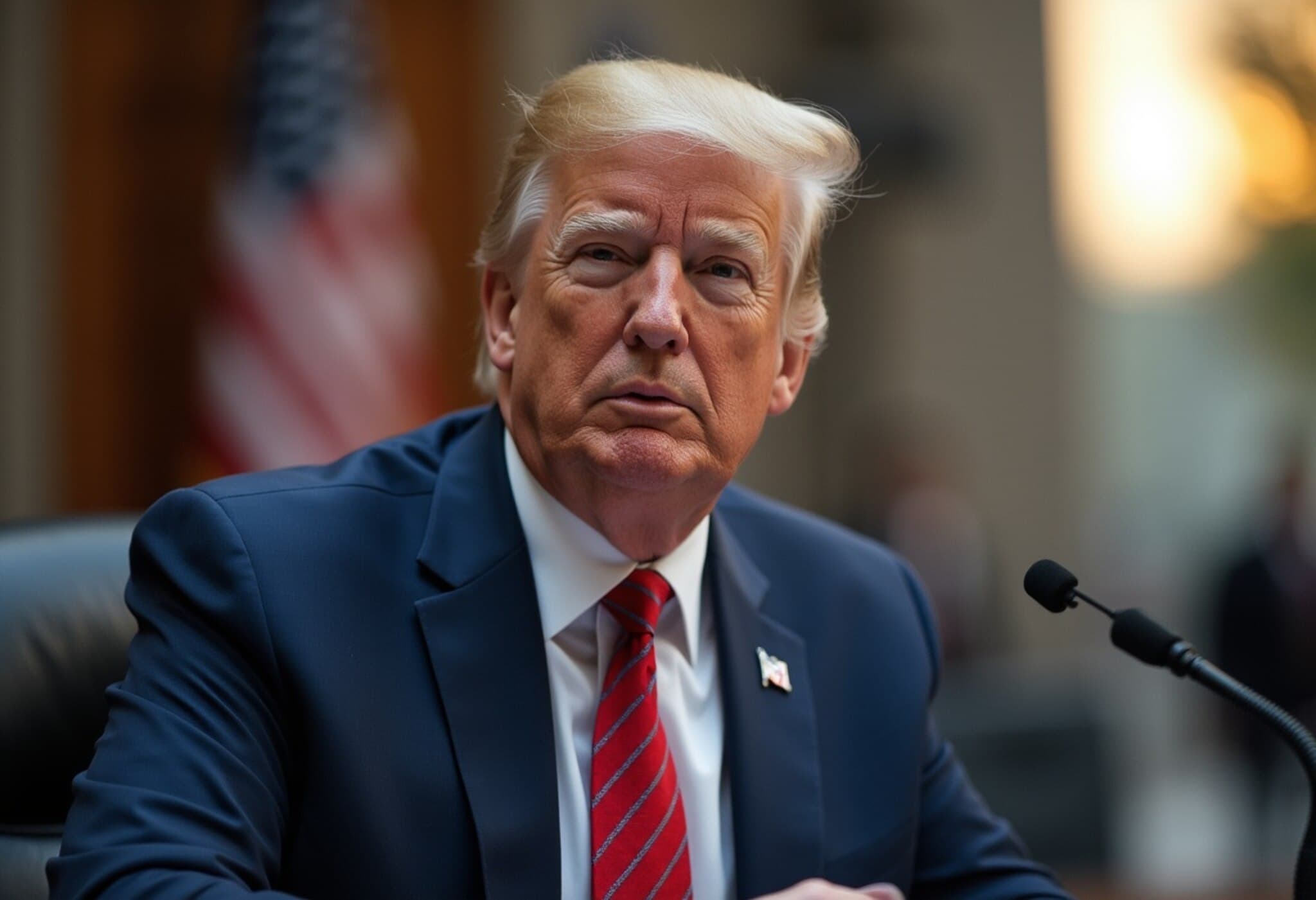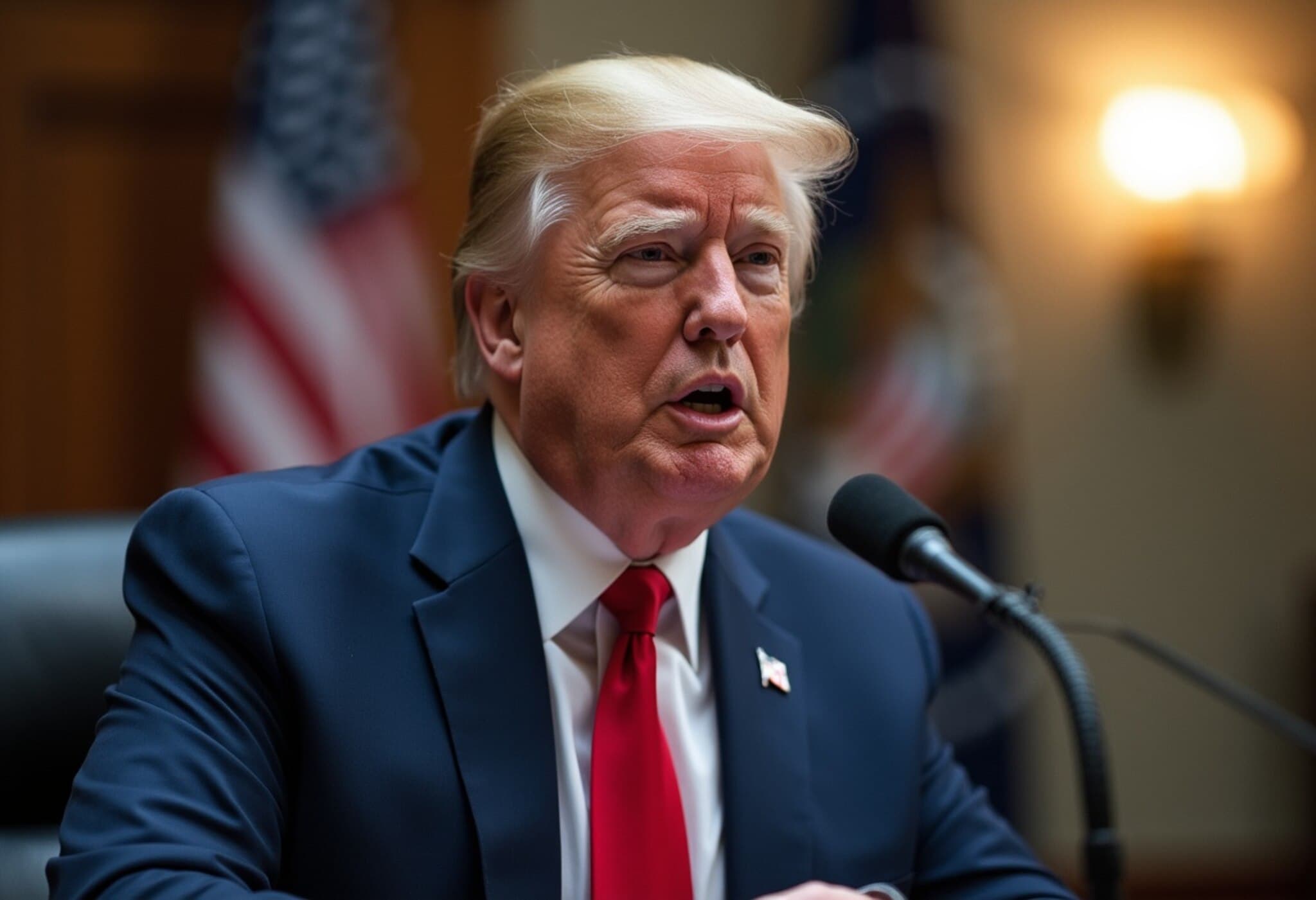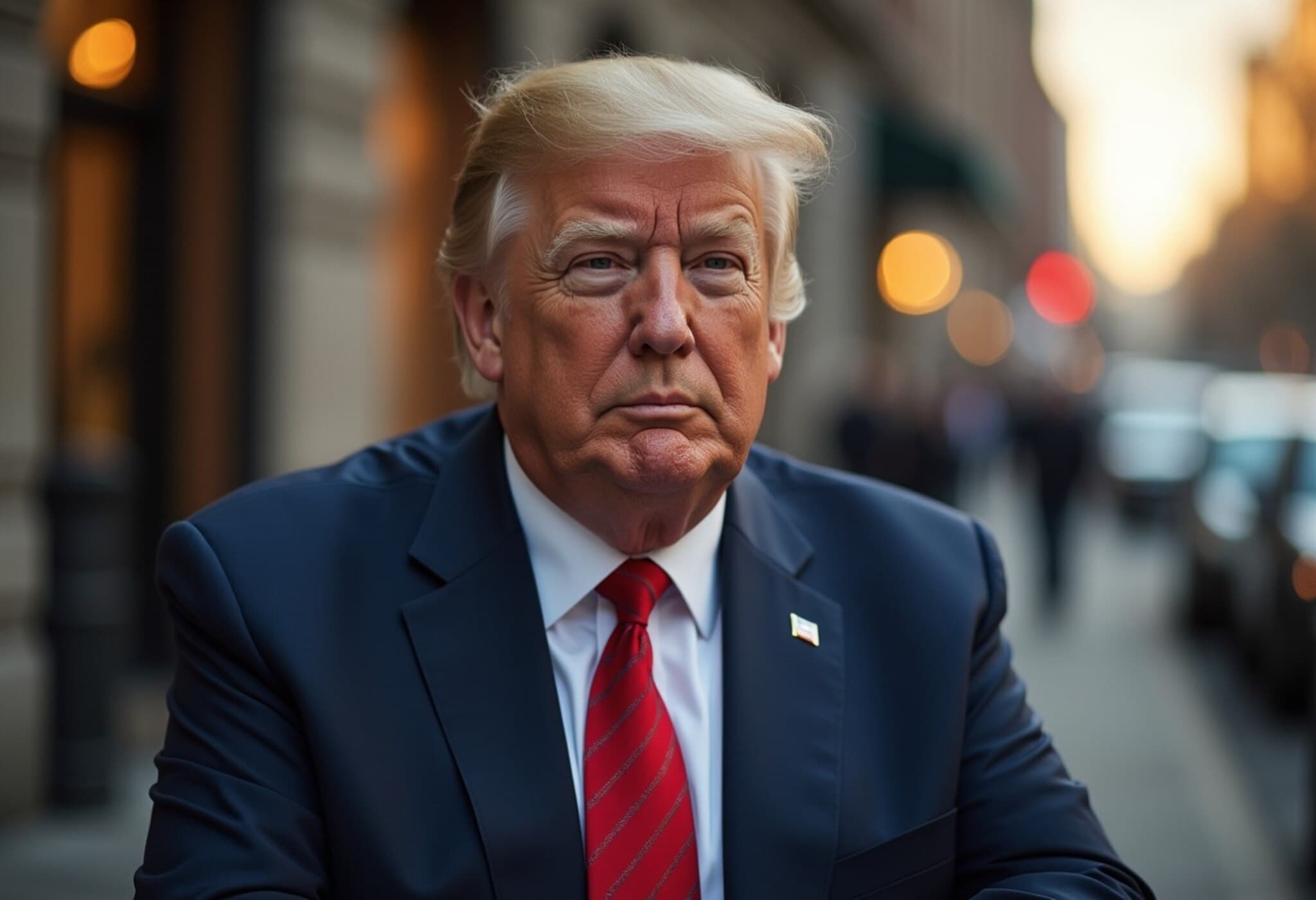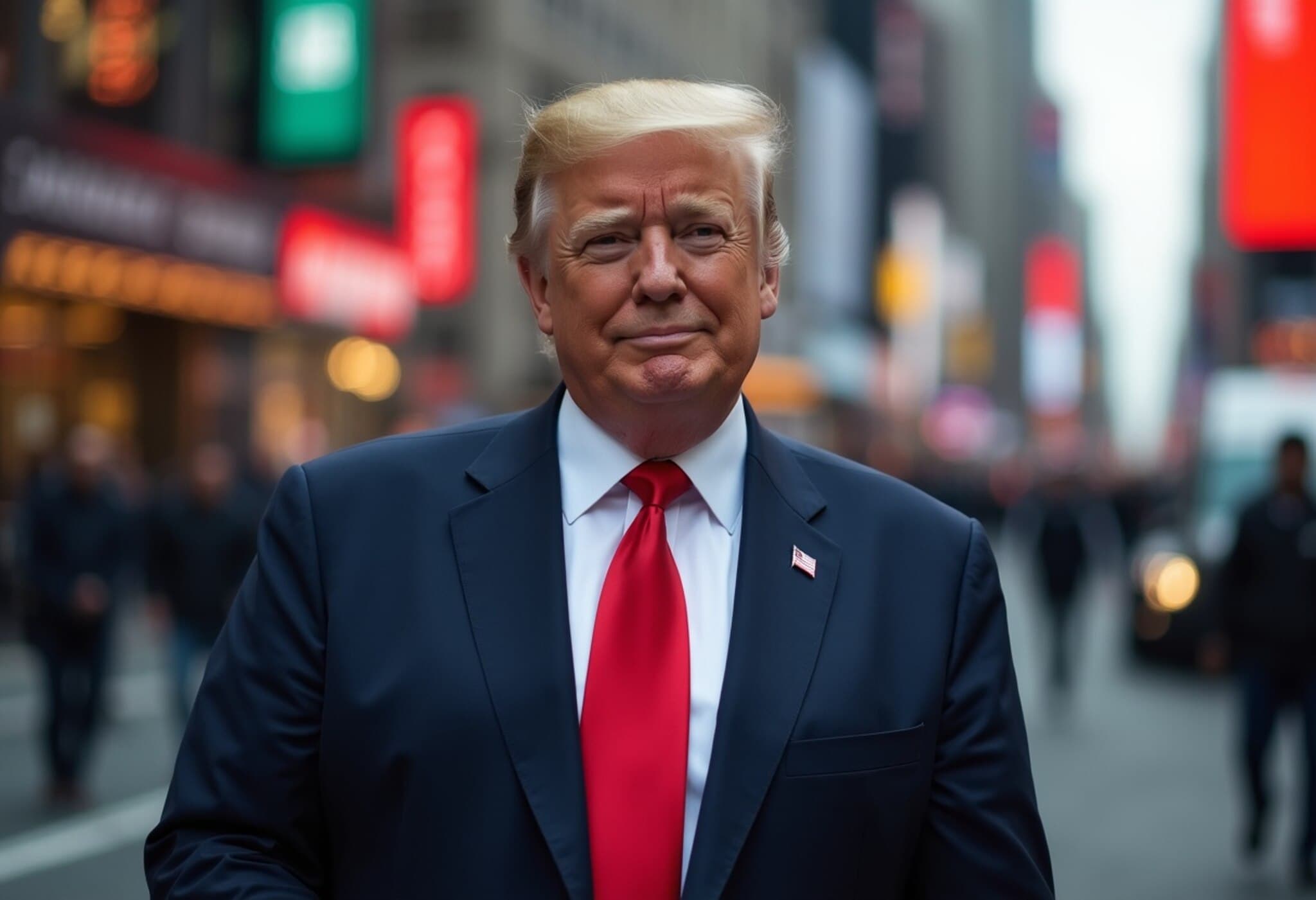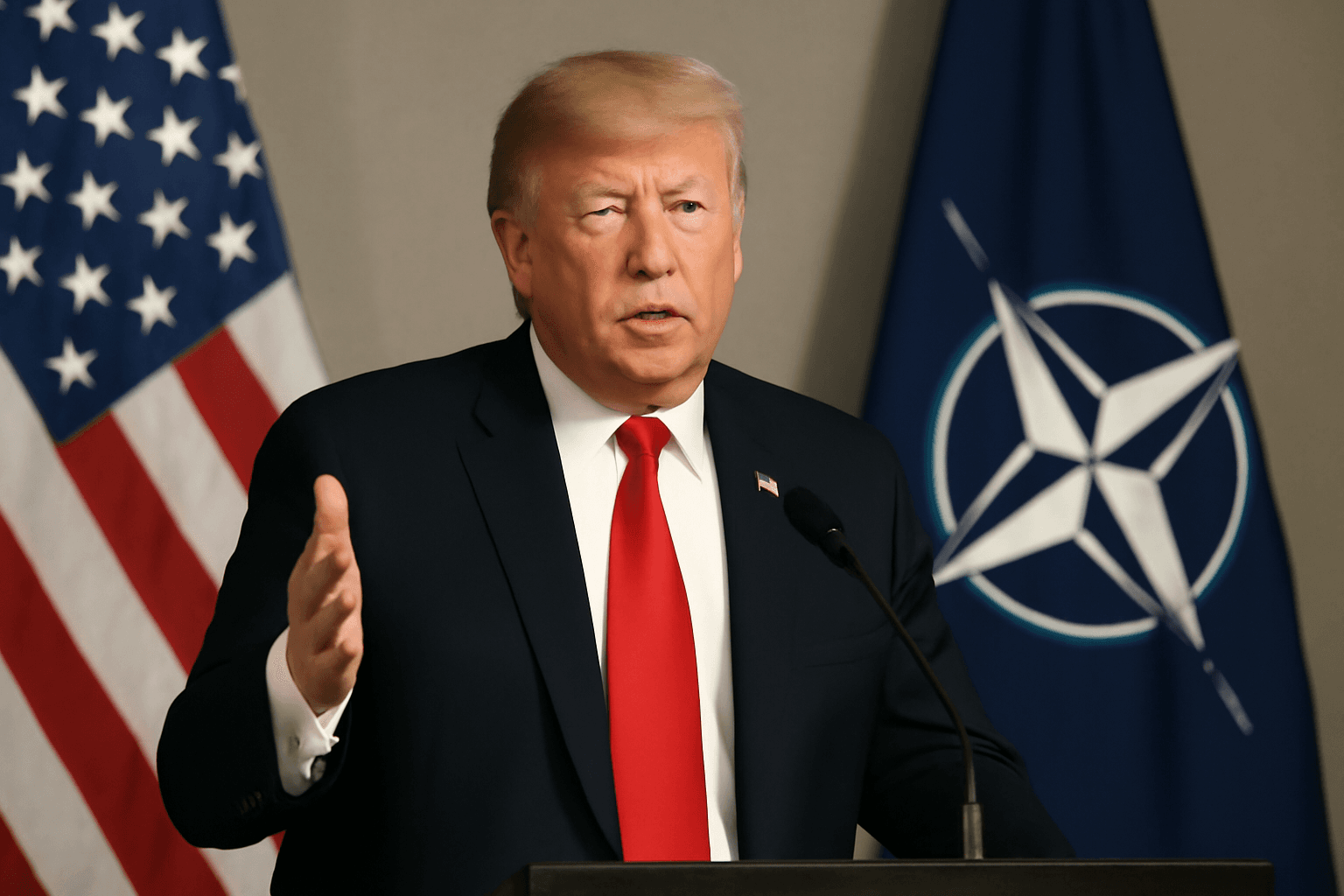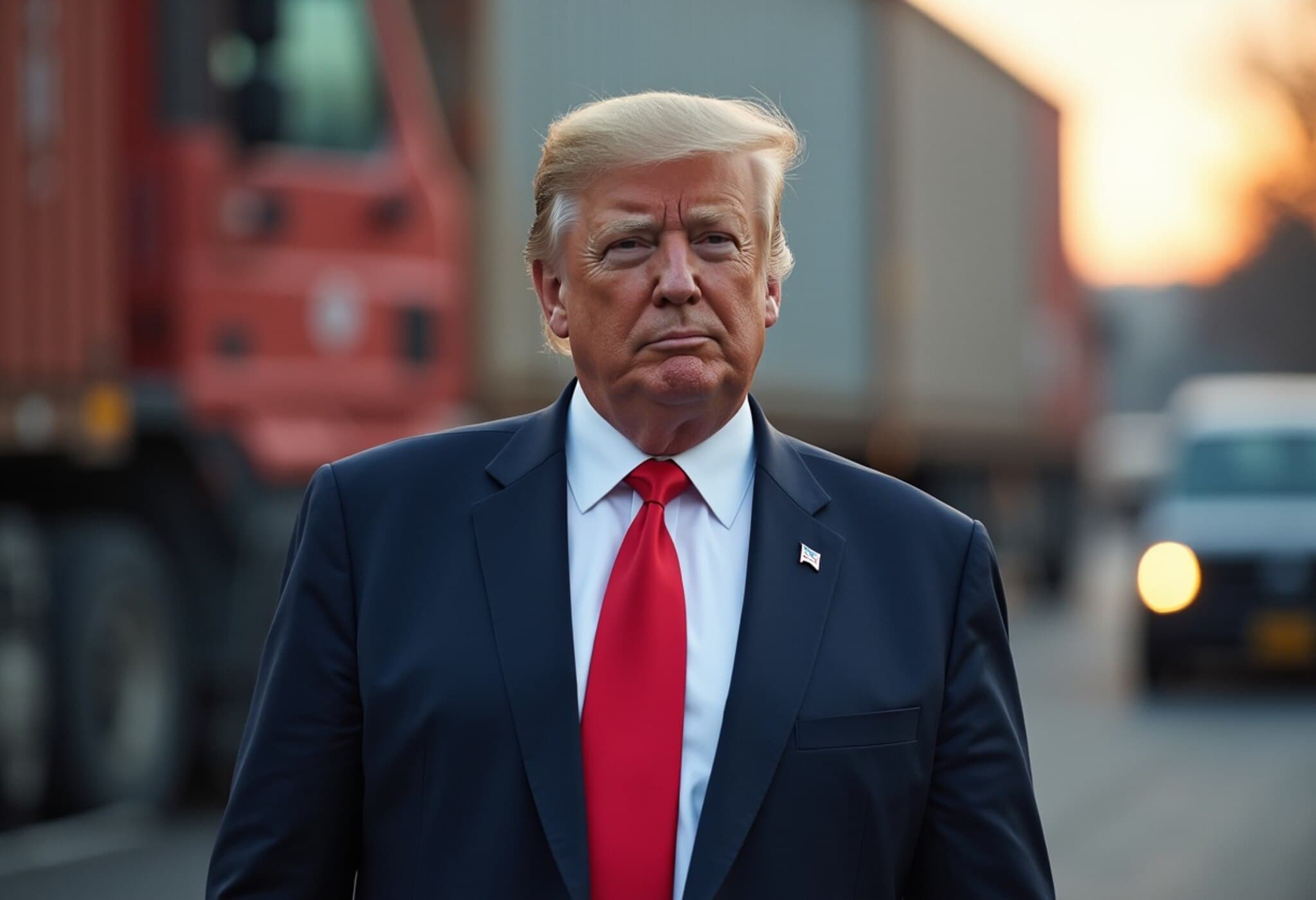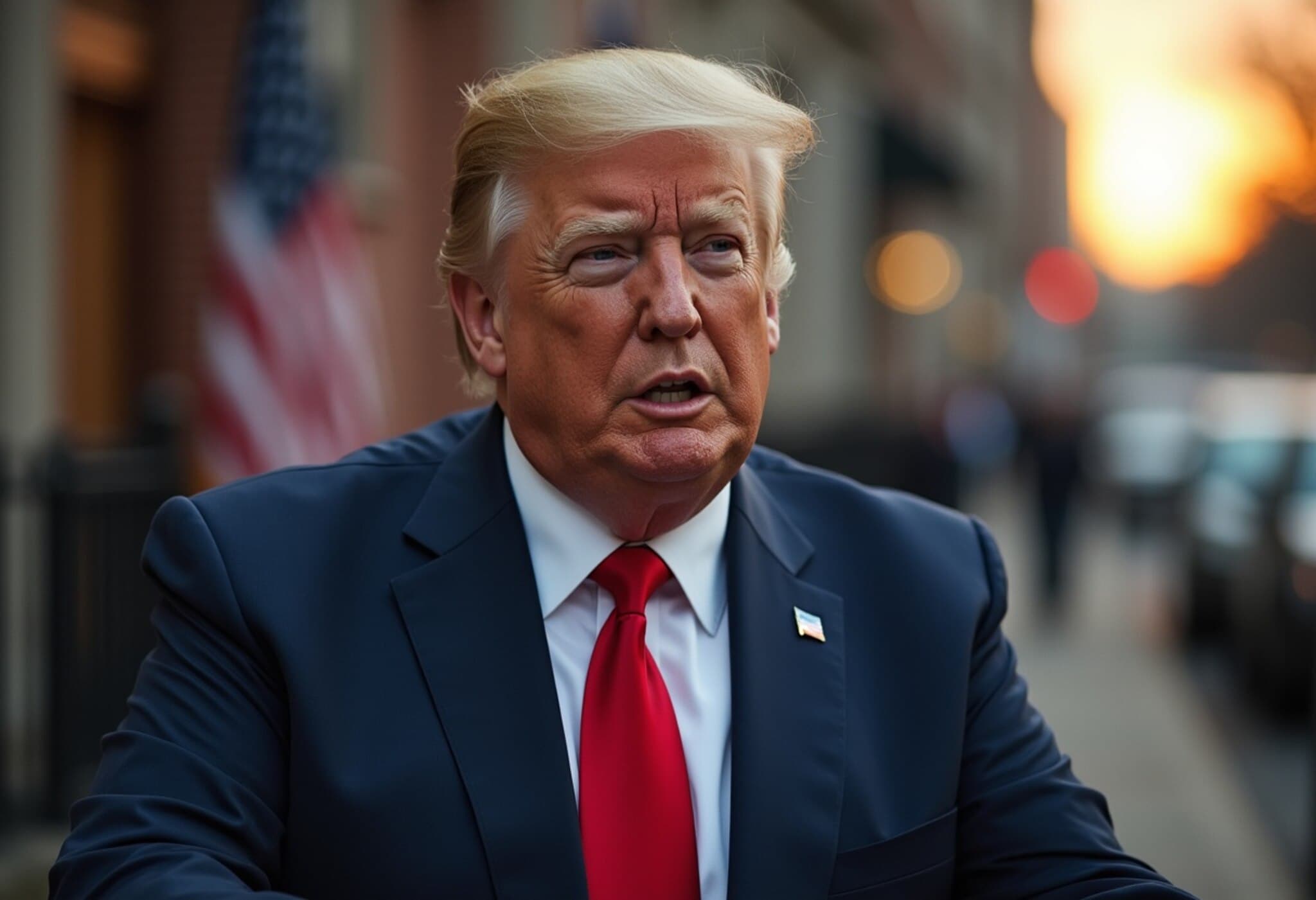Treasury Secretary Scott Bessent on August 1 Tariffs: A Strategic Move, Not Just a Deadline
In a revealing interview on July 21, 2025, U.S. Treasury Secretary Scott Bessent underscored the intent behind the looming tariffs scheduled for August 1. Far from merely a hard deadline, Bessent described the tariffs as a calculated means to exert leverage on trade partners — pushing them toward more favorable agreements for the United States.
The Strategy Behind the Tariffs
Bessent emphasized that the administration is more focused on securing high-quality trade deals rather than rushing to finalize agreements under arbitrary deadlines. "The important thing here is the quality of the deal, not the timing," he stated during his interview.
This approach echoes a broader negotiation tactic evidently favored by President Donald Trump’s administration. By setting a tariff implementation date, then postponing it multiple times since the initial April announcement dubbed "Liberation Day," the administration signals a willingness to escalate pressure if required.
- Tariff deadlines have shifted multiple times, reflecting tactical flexibility.
- The August 1 date may serve as a negotiating instrument rather than a fixed cutoff.
- Higher tariff levels post-August 1 could compel countries to accept terms more advantageous to the U.S.
Mixed Reactions from Markets and Trade Partners
Markets and importers are caught in a dilemma: prepare for tariffs to come into effect or anticipate another postponement. The escalating tariff rates — some reaching as high as 45% — threaten not only the U.S. economy but also those of key trading partners, complicating global supply chains.
Commerce Secretary Gina Raimondo reinforced this stance, noting that while talks may continue beyond August 1, the tariffs are set to begin on that date regardless. "Nothing stops countries from talking to us after August 1, but they're going to start paying the tariffs," Raimondo said, signaling the seriousness with which the administration views these measures.
Expert Perspective: Tariffs as a Negotiating Lever, Not an Endgame
Trade experts highlight that the American strategy reflects an increasing use of tariffs not solely as economic tools but as political and diplomatic leverage.
Dr. Laura Martinez, a trade policy analyst at the Brookings Institution, notes, "This tactic isn’t just about tariffs per se; it’s about shaping the negotiation dynamic and demonstrating resolve. However, escalating tariffs can backfire if they significantly disrupt supply chains or provoke retaliation, which could erode the very partnerships the U.S. aims to strengthen."
The continuous recalibration of tariff deadlines reveals an administration caught between applying enough pressure to secure better terms and managing the risks of economic backlash, both domestically and abroad.
Unanswered Questions and Broader Implications
Will the August 1 deadline hold firm, or will further extensions continue? How will trading partners respond to the prospect of higher tariffs without finalizing deals?
Moreover, as the U.S. takes this assertive stance, it raises concerns about the broader global trade environment, notably in light of ongoing supply chain vulnerabilities and the delicate balance between protectionism and liberalized trade.
Summary & Analysis
Secretary Bessent’s comments shed light on a critical but often overlooked perspective: tariffs are as much negotiation tools as economic measures. The Trump administration’s willingness to postpone deadlines underscores a strategic patience, prioritizing the substance of trade agreements over rushed timelines.
Yet, this approach also adds layers of uncertainty for businesses and investors who must navigate an unpredictable tariff landscape. As the August 1 date approaches, stakeholders should prepare for potential volatility while monitoring diplomatic developments closely.
Editor’s Note
While tariffs often dominate headlines as blunt economic instruments, Secretary Bessent’s remarks invite a reconsideration of how we interpret such policies. They are part of a nuanced game of leverage, signaling firmness without necessarily closing doors. For policymakers and industry leaders alike, remaining agile and informed is paramount as the U.S. redefines its trade posture on the world stage.

